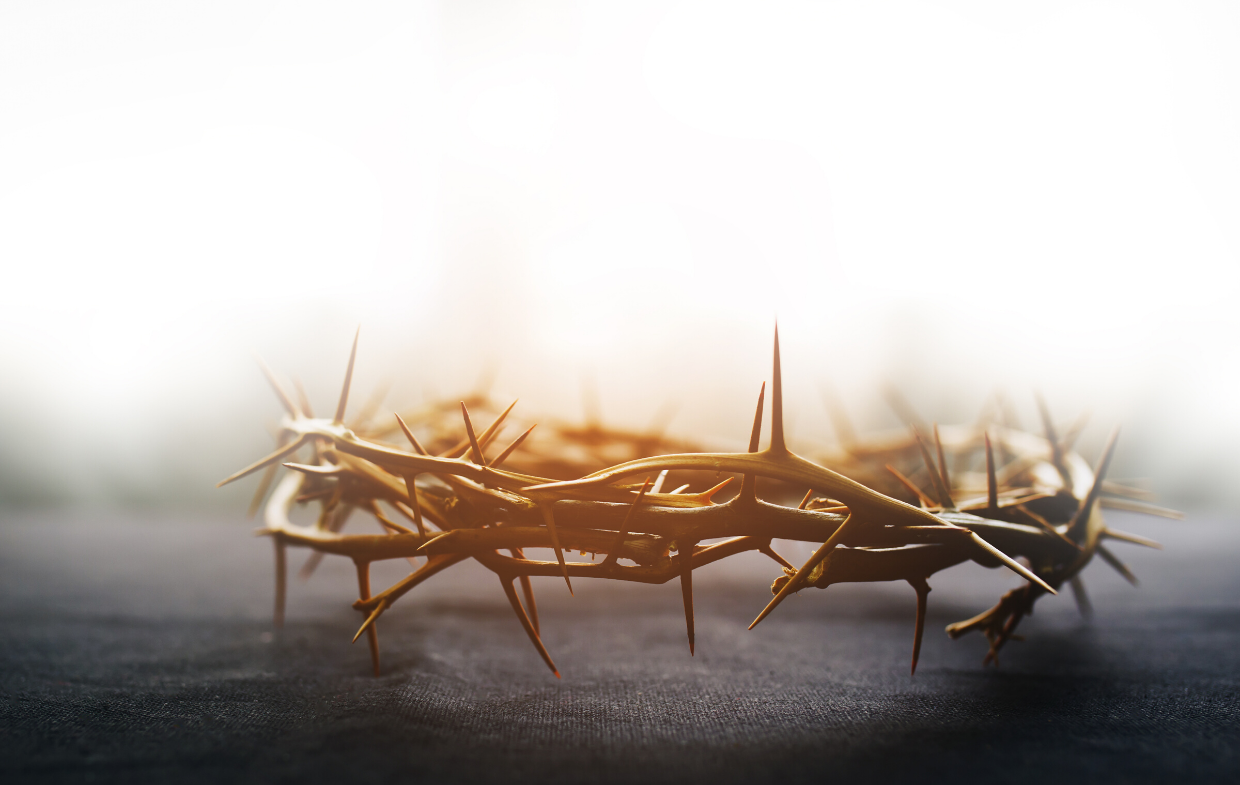Systemic racial injustice and oppression is a virus which impacts not our bodies but our souls. In this video, Michael Oh, Global Executive Director / CEO of the Lausanne Movement, reflects on the words of the Cape Town Commitment which reminds the Church of our need to embrace fulness of the reconciling power of the gospel, and to be beacons and bearers of hope through a lifestyle of reconciliation.
Edited Transcript of the video message
Brothers and sisters all around the world,
These are unusual times and it seems like week by week it’s becoming harder to find the proper words to even say.
A few weeks back the whole world was talking about COVID-19, and now we’re witnessing the effects of another virus, except this one doesn’t impact our bodies, it impacts our souls.
As leaders in the Lausanne Movement, our hearts have been breaking as we’re witnessing the events leading up to and following the tragic death of George Floyd. Spontaneous protests that have erupted throughout the United States, alongside large-scale demonstrations in numerous cities around the world, bear witness to humanity’s deep longing for love, justice, reconciliation, and peace.
I personally have felt agony seeing such things unfold and have had painful yet hope-filled, tearful conversations with my African American brothers and sisters and African brothers and sisters.
And as I was wrestling with what could and should be said in such a time as this, I decided to read a section from the Cape Town Commitment drafted by a team of scholars and pastors from all around the world at the 3rd Lausanne Congress held in South Africa. This was written 10 years ago – but couldn’t be more relevant today.
So here is section II-B-2:
Christ’s peace in ethnic conflict
Ethnic diversity is the gift and plan of God in creation. It has been spoiled by human sin and pride, resulting in confusion, strife, violence and war among nations. However, ethnic diversity will be preserved in the new creation, when people from every nation, tribe, people and language will gather as the redeemed people of God.
We confess that we often fail to take ethnic identity seriously and to value it as the Bible does, in creation and redemption. We fail to respect the ethnic identity of others and ignore the deep wounds that such long-term disrespect causes.
We urge church pastors and leaders to teach biblical truth on ethnic diversity. We must positively affirm the ethnic identity of all church members. But we must also show how our ethnic loyalties are flawed by sin and teach believers that all our ethnic identities are subordinate to our redeemed identity as the new humanity in Christ through the cross.
We acknowledge with grief and shame the complicity of Christians in some of the most destructive contexts of ethnic violence and oppression, and the lamentable silence of large parts of the Church when such conflicts take place.
Such contexts include the history and legacy of racism and black slavery; the holocaust against Jews; apartheid; ‘ethnic cleansing’; inter-Christian sectarian violence; decimation of indigenous populations; inter-religious, political and ethnic violence; Palestinian suffering; caste oppression; and tribal genocide. Christians who, by their action or inaction, add to the brokenness of the world, seriously undermine our witness to the gospel of peace.
Therefore:
For the sake of the gospel, we lament, and call for repentance where Christians have participated in ethnic violence, injustice or oppression. We also call for repentance for the many times Christians have been complicit in such evils by silence, apathy or presumed neutrality, or by providing defective theological justification for these.
If the gospel is not deeply rooted in the context, challenging and transforming underlying worldviews and systems of injustice, then, when the evil day comes, Christian allegiance is discarded like an unwanted cloak and people revert to unregenerate loyalties and actions. Evangelizing without discipling, or revival without radical obedience to the commands of Christ, are not just deficient; they are dangerous.
We long for the day when the Church will be the world’s most visibly shining model of ethnic reconciliation and its most active advocate for conflict resolution. Such aspiration, rooted in the gospel, calls us to:
1. Embrace the fullness of the reconciling power of the gospel and teach it accordingly.
This includes a full biblical understanding of the atonement: that Jesus not only bore our sin on the cross to reconcile us to God, but destroyed our enmity, to reconcile us to one another.
2. Adopt the lifestyle of reconciliation.
In practical terms this is demonstrated when Christians: forgive persecutors, while having courage to challenge injustice on behalf of others; give aid and offer hospitality to neighbours ‘on the other side’ of a conflict, taking initiatives to cross barriers to seek reconciliation; continue to witness to Christ in violent contexts; and are willing to suffer, and even to die, rather than take part in acts of destruction or revenge; engage in the long-term healing of wounds after conflict, making the Church a safe place of refuge and healing for all, including former enemies.
3. Be a beacon and bearer of hope.
We bear witness to God who was in Christ reconciling the world to himself. It is solely in the name of Christ, and in the victory of his cross and resurrection, that we have authority to confront the demonic powers of evil that aggravate human conflict, and we have power to minister his reconciling love and peace.

